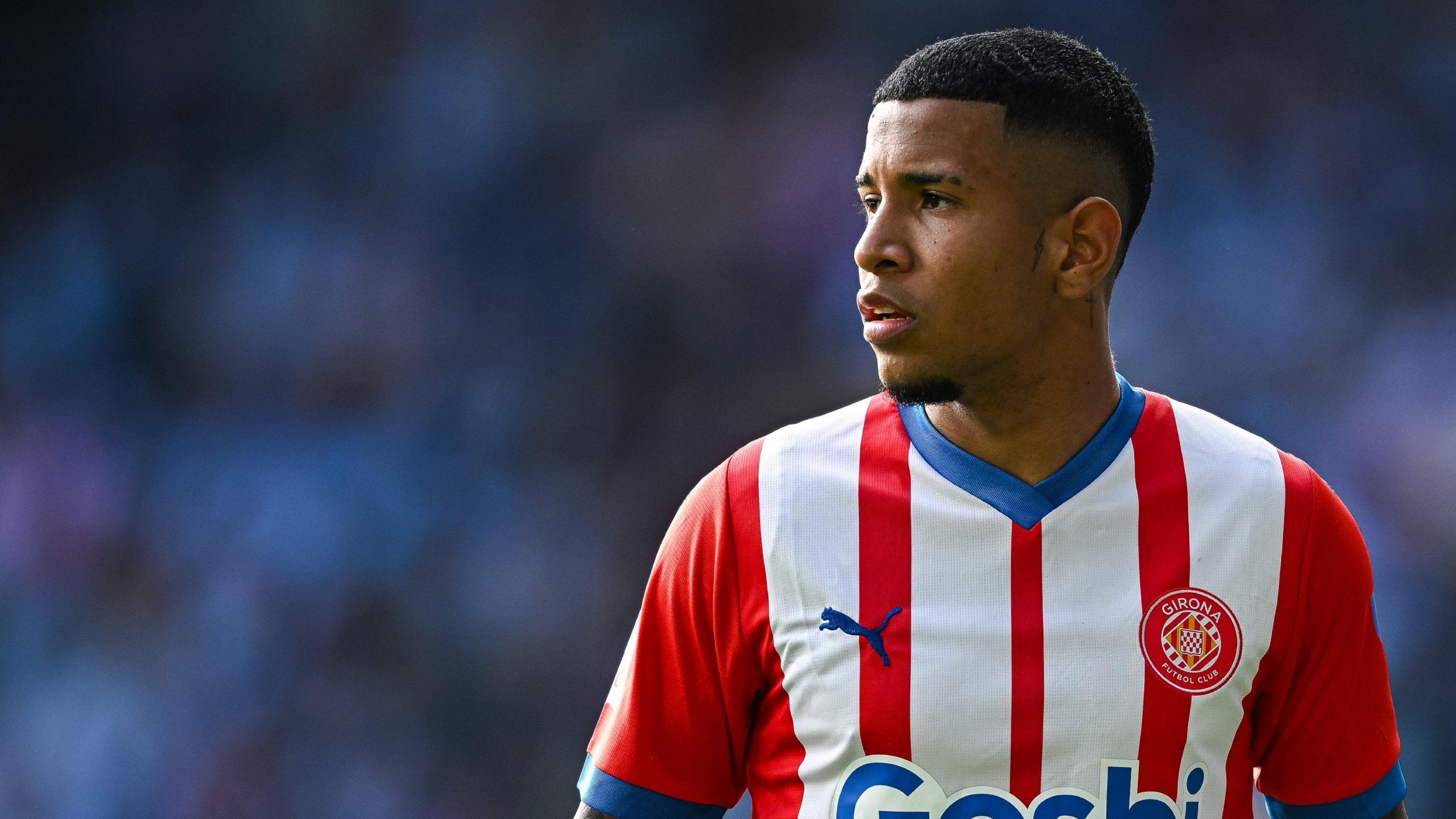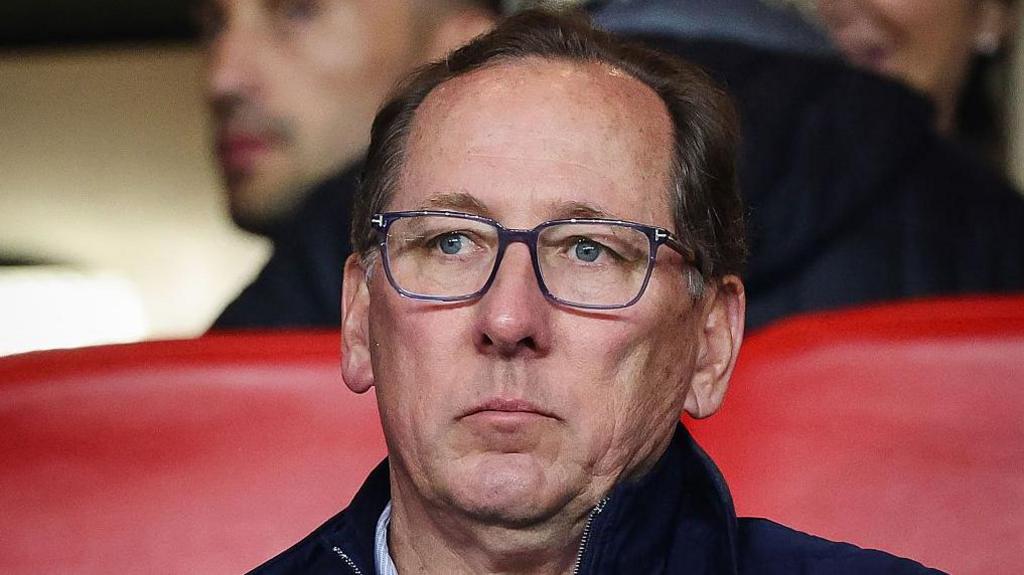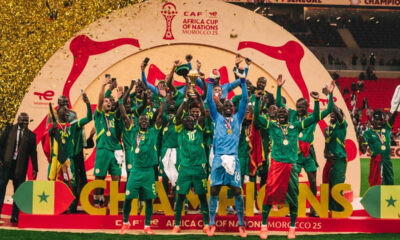

Sports
Is the multi-club ownership model helping or hurting modern football?
Is the multi-club football ownership model helping or hurting the beautiful game we love? Many businesses, consortia, states, and individuals have acquired ownership of multiple football clubs worldwide, with notable examples including the Red Bull football network and the City Football Group.
Why do we think the multi-club ownership model is helping football?

image credit courtesy of ESPN
For one thing, this system creates a footballing network that allows clubs to trade players and share resources. For instance, Valentín Castellanos, who was registered as a player of New York City FC, was loaned to another club in the City Football Group, Girona FC, during the off-season of the MLS and was key to helping the Spanish club avoid relegation from La Liga.
That might not have been feasible if the clubs didn’t share a scouting network and provide the insight needed for him to be useful in that scenario.

Image credit courtesy of LinkedIn
Why do we think the multi-club ownership model is hurting football?
It makes it a bit lopsided, however, when clubs on the upper echelons of the ownership pyramid benefit at the expense of others much lower on the “food chain”.
The transfer of Brazil’s Savinho, firstly on loan to Girona in the 2022/23 season and then on a permanent transfer to Manchester City the following season, is still a sore point for fans of Troyes, who never saw the winger play a single minute for their club in the 2 seasons in which he was registered to them, which may have also contributed to their successive relegations in that time.

Image credit courtesy of the BBC
Another negative of multi-club ownership in football is that some clubs, through no fault of theirs, are unfairly penalised, as both FIFA and UEFA seem to put their foot down in regard to dealing with this new trend.
Crystal Palace were demoted from the UEFA Europa League (which they should have been entitled to as the winners of the FA Cup in England) to the UEFA Conference League at the expense of Olympique Lyonnais due to John Textor’s ties to both clubs and UEFA’s unwillingness to allow for two or more clubs under the same umbrella to be in the same competition.

image credit courtesy of the BBC
Football fans, we would love to hear from you!
Kindly share your thoughts on the issue of multi-club ownership in football in the comments section below. Are you in favour of or against this practice?
Thanks for taking the time to read the article!
The Brew Show now has a new home, and it’s with a new social media presence aimed at enhancing your experience! You can still connect with us on our Facebook, X (Twitter), Instagram, LinkedIn, and Threads social media accounts!

-

 Entertainment6 days ago
Entertainment6 days agoK Spoonx to drop “When The Sun Dance” album
-

 Sports5 days ago
Sports5 days agoAnalyzing the fallout from an emotionally charged AFCON 2025 final
-

 Entertainment4 days ago
Entertainment4 days agoGhanaian musician Monroe to release maiden single Bad Gyal Anthem
-

 Lifestyle2 days ago
Lifestyle2 days agoCapturing the amazing detail of the House Of Mo Fashion Studio
-

 Entrepreneurship/Business2 days ago
Entrepreneurship/Business2 days agoOfosua Daaku Ammah to host The Closed Corporate Chat event this January in Accra




